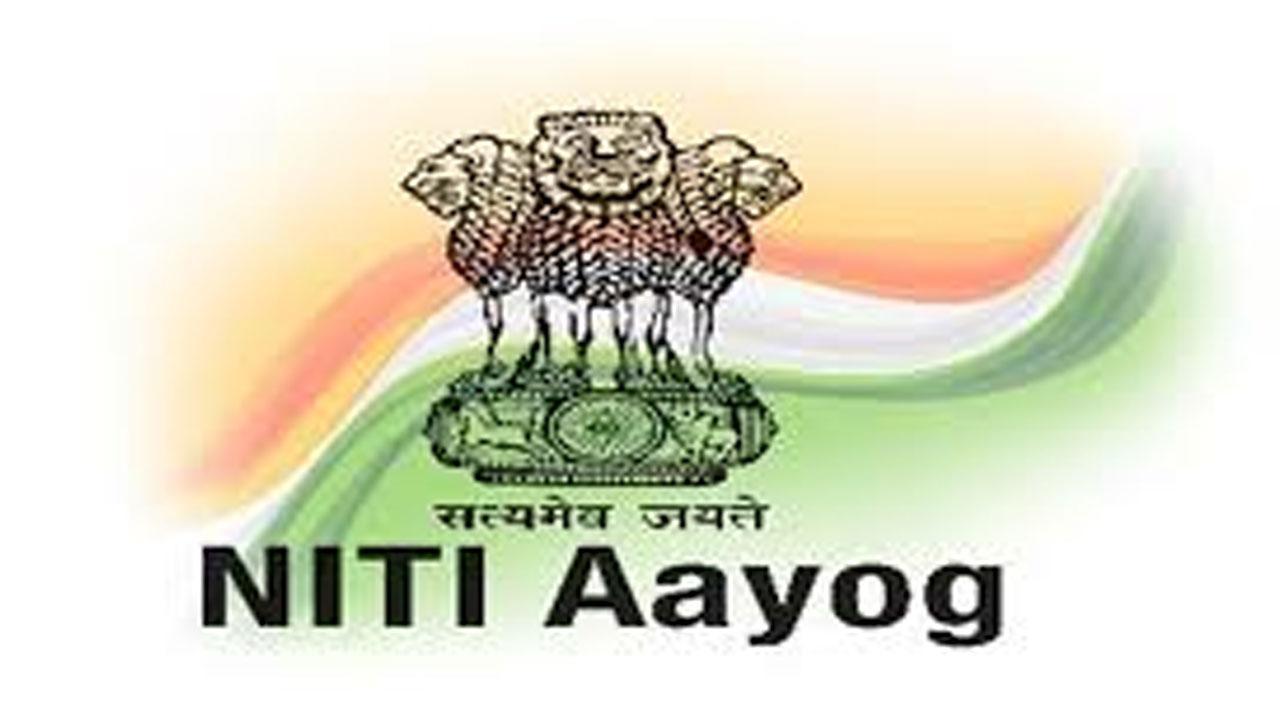The statement drew outrage, with many highlighting the physical and mental toll of such demanding schedules.
Startup co-founder's tweet on no work-life balance goes viral, later calls it unsustainable

Greptile
A tweet by the co-founder of a San Francisco-based start-up has ignited a firestorm on social media after he candidly stated that his firm offers no work-life balance and mentioned about 14 hours a day work schedule. However, he later acknowledged that such a model is unsustainable and intended only for the initial years of a start-up's journey.
Daksh Gupta, co-founder of AI start-up Greptile, revealed in a now-viral tweet that he had faced an unusual mix of reactions ranging from death threats to job applications following his controversial statement. "Recently I started telling candidates right in the first interview that Greptile offers no work-life balance, typical workdays start at 9 am and end at 11 pm, often later, and we work on Saturdays, sometimes also Sundays. I emphasize the environment is high stress, and there is no tolerance for poor work," Gupta tweeted.The tweet, which has garnered 1.6 million views to date, triggered a heated debate online.
While some lauded his transparency, others criticized his approach to employee welfare. In a follow-up tweet on November 21, Gupta attempted to inject humour into the discourse by saying that he has nothing against work-life balance and recommends it to all his competitors. A similar debate on work-life balance started last year when Infosys founder Narayana Murthy suggested that Indian youth should work 70-hour weeks to accelerate national progress.
The statement drew outrage, with many highlighting the physical and mental toll of such demanding schedules. Acknowledging the backlash, Gupta issued an apology, particularly to software professionals outside the US, noting that American employees often receive six-figure salaries for 20 hours per week. He clarified that his vision of long workdays was never meant to be a permanent arrangement.
"This way of working isn't supposed to be forever because it isn't sustainable. It's the first year or two of a startup which is like reaching escape velocity. Like people said in the comments, as we mature we'll hire older, more experienced people who have families and can't work 100 hours a week, and naturally we would adapt like any good organization," he explained. Gupta also defended his upfront approach, saying, "At first, it felt wrong to lay it all bare, but now I'm convinced that transparency is beneficial. I'd rather candidates know this from day one than find out after joining. Still, I'm curious if others follow this approach and if I'm overlooking any obvious pitfalls."
He stressed that his remarks were not prescriptive, acknowledging that many successful companies operate differently. However, he addressed criticism from Indian social media users, clarifying that his attitude stemmed not from his heritage but his environment. The debate surrounding Gupta's comments underscores the broader conversation about the pressures of start-up culture and the delicate balance between hustle and sustainability.
PTI PRS PRS MR 12042205















